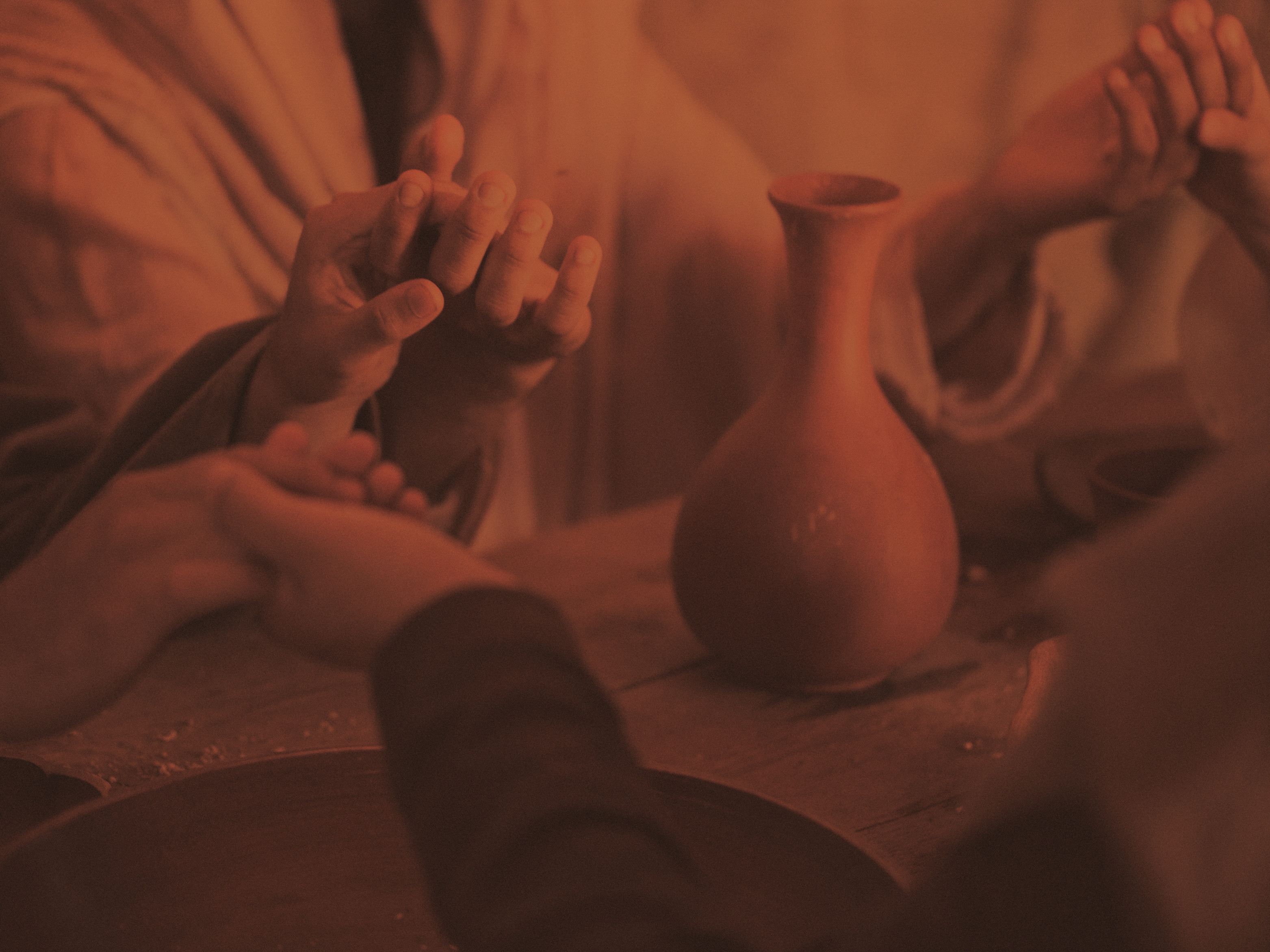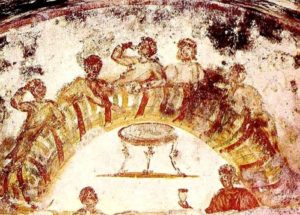The preacher of Hebrews ends his sermon by showing Christians a different way to view their position in the world. He tells us to go outside the camp, where Jesus is. He encourages us to bear the same disgrace Jesus did. Why? Because this ain’t our city. We’re living for the city that’s coming.
Earlier in Hebrews 13, he eludes to this radical shift in priorities by reminding us to “not forget to entertain strangers, for by so doing some people have entertained angels without knowing it.” The stranger, the foreigner, the alien — open your door to them and an angel might walk in! They may look homeless and hungry when you invite them in, but for those who have the conviction or the certainty of things not seen, you’re inviting in the very presence of God!
We’re also told in that same context to “remember those in prison as if you were their fellow prisoners, and those who are mistreated as if you yourselves were suffering.” Those in prison, those who are mistreated, some translations say “victims of abuse.” Put yourselves in their shoes. Empathize with them. Act like what’s happening to them is happening to you. Feel it.
This is our calling. Why? Because Jesus also suffered.
“Jesus also suffered outside the city gate to make the people holy through his own blood. Let us, then, go to him outside the camp, bearing the disgrace he bore. For here we do not have an enduring city, but we are looking for the city that is to come.” ~Hebrews 13:12-14
This is our missional mandate. This is the great commission. If Jesus went outside and suffered public abuse to make his sacrifice, then his disciples should be willing to follow him outside to make ours. The question here, and the decision we Christians have to ultimately make, is do you find your identity in the safety and security of Judaism and the pagan temples, or the Empire with its government and military and law, or is your identity grounded in Christ Jesus and the ways of the Lord? It can’t be both. It’s really the choice.
Going where Jesus goes will cost you status and security.
Why was Jesus crucified? Not because he was powerful, not because he was violent, not because he was exclusive and judgmental. Our Lord was rejected and mocked, he suffered and was killed, because he loved so unconditionally. Because he was so liberal with his forgiveness. Because he ate with prostitutes and partied with sinners and hugged the lepers. He was killed because he gave everybody the benefit of the doubt, because he worked so hard to tear down walls that divided people, because he refused to label people. And the world was offended by the way he lived. The government tried to shut him down, the religious leaders tried to shut him up. In the end, they all decided that Jesus was unpatriotic, that he wasn’t working in the best interest of society’s law and order. And they killed him.
And then he was raised. Romans 1 says Christ Jesus “was declared with power to be the Son of God by his resurrection from the dead: Jesus Christ our Lord!” The resurrection and the ascension to the right hand of God validate this Jesus Way as the right way. It’s the eternal way. It’s the only way to live.
So show hospitality to strangers and aliens, show empathy for prisoners and victims of abuse. Share the shame. Bear the disgrace.
Peace,
Allan






Recent Comments